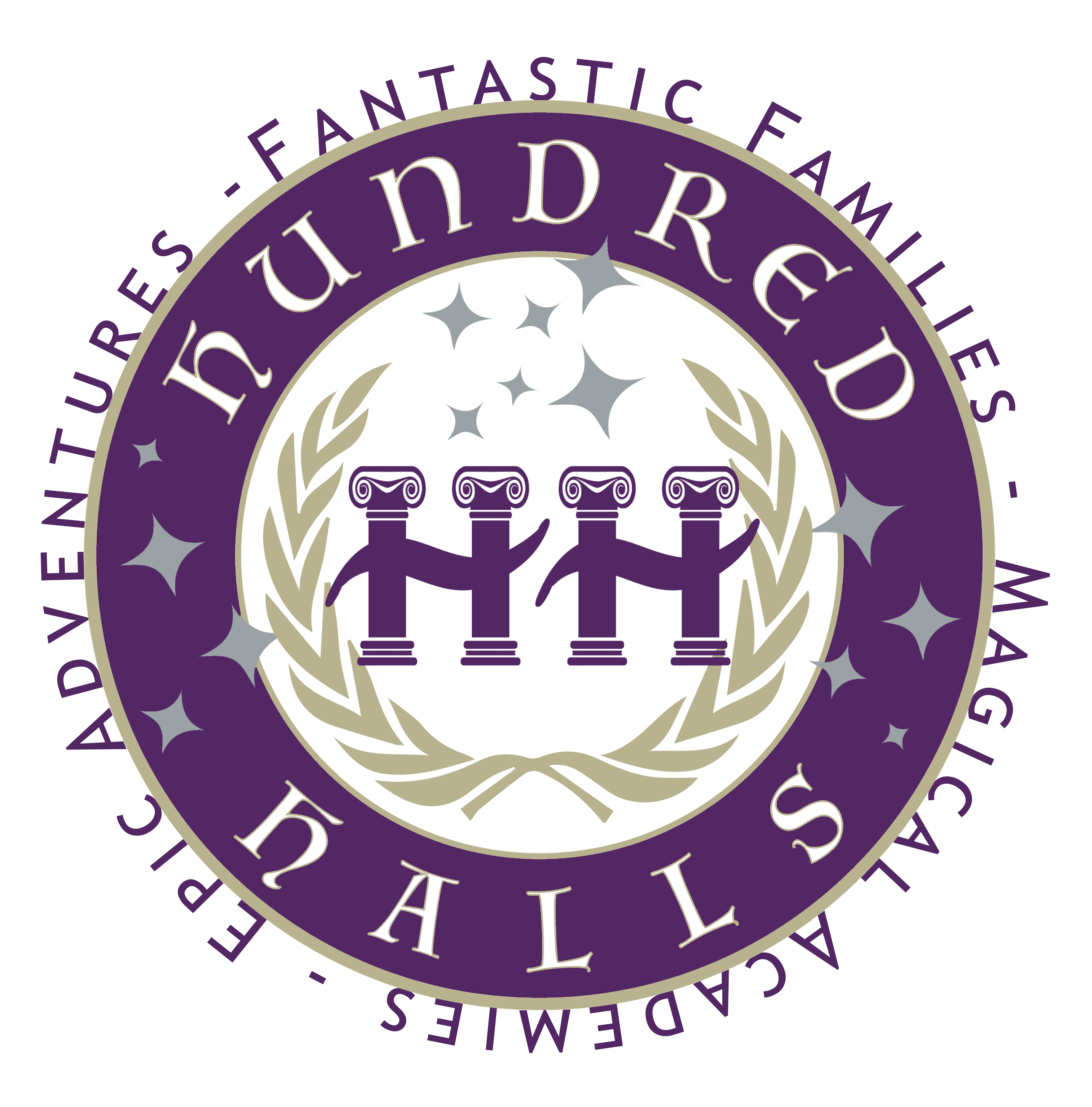As I stated in my previous post, creating the “Internet of Things” with computers that can recognize objects, people and even emotions, can have dangerous implications when used incorrectly. Many times its the unintended consequences of technology that have the biggest effects. Item recognition by a computer has the potential to have many unintended consequences.
However, technology in itself is neither inherently good nor evil. The potential usage depends on how we craft our societal rules to administer the new technology. And this isn’t just to protect ourselves from Big Brother, because in this modern age, technology is utilized by everyone. We have to protect from each others use of the technology just as much as from corporations or governments.
Today I want to explore some of the good applications of these technologies. I’m going to use a couple of assumptions for these applications. First, is that cameras are ubiquitous, at least in public areas (roads, malls, businesses, schools, etc). The source of these cameras could either be for security reasons, or individuals with personal cameras (which reminds of me gargoyles from Neal Stephenson’s great cyberpunk novel Snow Crash). The second assumption is the information collected from cameras is easily accessible by anyone, but not the raw feeds. So you can’t sit and watch a particular camera to spy on someone. Third, everyone has an iPhone or similar travelling computer (let’s face it, it’s not a cell phone except in name).
Ten Good Uses for “Machines That Know”
1) Rapid way to find lost children or lost dogs. (no lost cats, when they leave it’s on purpose)
2) Worried parents can find out exactly where their teenagers went last night.
3) Teen-age girls can find out exactly what fashions are in or out by checking out what everyone is wearing.
4) Instant price comparision when shopping and would tell you where to find and if it was worth the gas to drive there.
5) Check if your favorite restaraunt was busy or not when the kids were at grandparents.
6) Business owners could figure out what everyone was using, eating, buying , etc. This would allow them to not carry inventories on items no one wants. Less waste for our society.
7) Business owners could learn if people were happy with their experience in their stores.
8 ) Shoppers could find out which stores had a particular item in stock.
9) Drivers could know the route to work with the least amount of traffic.
10) Grocery lists could be converted into maps to show you the fastest route through the grocery store.
As I made my list, I realized a few things about the information usage. One, the data is generalized, so no one’s personal privacy would be violated. Two, if personal information is accessed, it’s only the individual accessing their own or their children’s information. I think these are important distinctions when we consider the ownership of data in the Internet. I personally have no problem when businesses collect data, but I don’t want that data to have my face on it.
